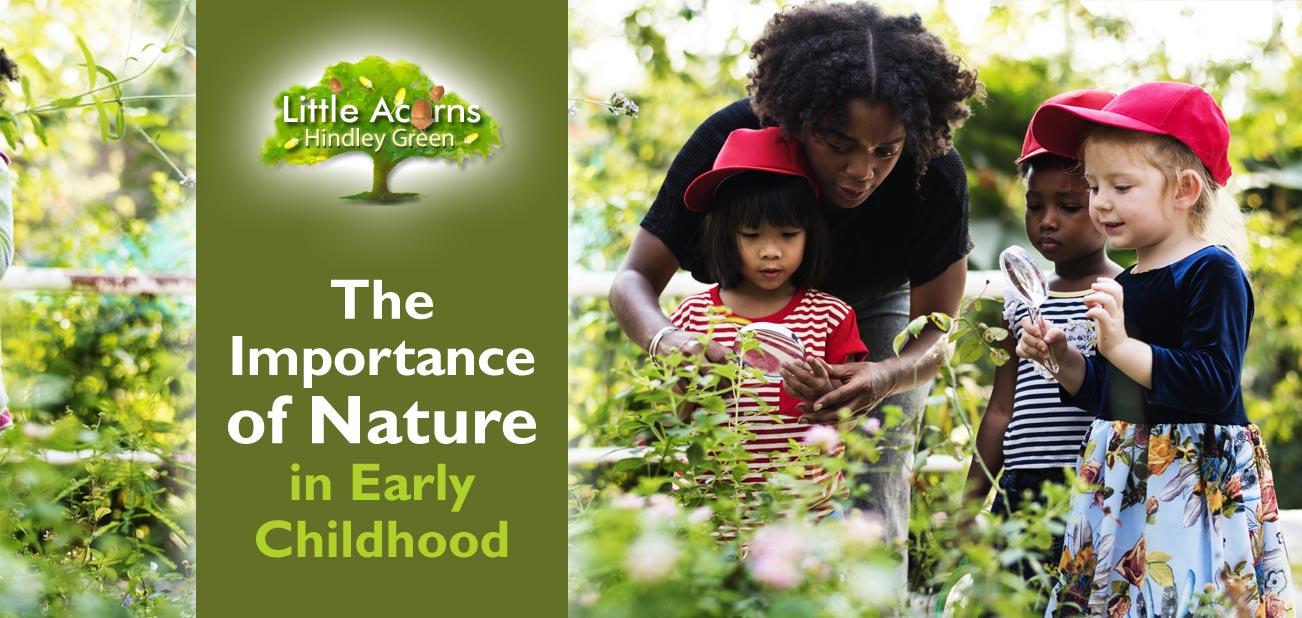
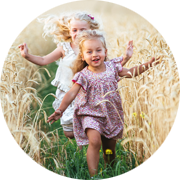 As parents, we all want the best for our children. We strive to provide them with a nurturing and stimulating environment that supports their growth and development. However, in today’s fast-paced world, it’s easy to overlook the importance of nature in our children’s lives.
As parents, we all want the best for our children. We strive to provide them with a nurturing and stimulating environment that supports their growth and development. However, in today’s fast-paced world, it’s easy to overlook the importance of nature in our children’s lives.
Nature has long been recognised for its therapeutic and restorative effects on humans, and this is especially true for children in their early years. Exposure to natural environments can have a profound impact on a child’s physical, cognitive, emotional, and social development.
In this article today, we will explore the benefits of nature to children’s development, provide practical tips on how to incorporate nature into a child’s life and discuss the importance of nature education in early childhood. We hope to inspire parents and caregivers to embrace nature as a fundamental part of a child’s upbringing, and to recognise its immense value in shaping their future.
“Nature play in early childhood has been found to enhance the development of sensory, motor, and cognitive skills, as well as creativity and imagination.” (International Journal of Play)
“Exposure to nature has a restorative effect on cognitive function, particularly attention and memory. Children with ADHD have shown significant improvement in concentration after spending time in nature.” (Journal of Attention Disorders)
How to Incorporate Nature into Your Child’s Life
Integrating nature into your child’s life doesn’t have to be complicated or time-consuming. There are many simple and practical ways to expose your child to the benefits of the natural world. Here are some ideas:
 Make time for outdoor play — set aside regular time for outdoor play and exploration. This can include visits to local parks, nature reserves, or your own back garden.
Make time for outdoor play — set aside regular time for outdoor play and exploration. This can include visits to local parks, nature reserves, or your own back garden.- Encourage outdoor activities — encourage your child to engage in outdoor activities such as hiking, biking, gardening, and camping (under suitable adult supervision, of course, especially when children are very young). Such activities can provide opportunities for physical activity, social interaction, and exposure to nature.
- Take nature walks — go for walks with children in natural settings such as forests, beaches, or hills. Use this time to explore and learn about the natural environment and its wonderful inhabitants.
- Plant a garden — planting a garden can provide a hands-on learning experience for children, as well as a sense of responsibility and accomplishment. It can also encourage healthy eating habits and an appreciation for nature’s beauty. If you have no garden, grow bags can be used on a patio, or pots can be used on balconies and windowsills.
- Bring nature indoors — incorporate natural elements into your home, such as potted plants, natural materials like wood or stone, or even nature-themed murals and pictures. The Hygge lifestyle also embraces this approach, hence having adopted Hygge at Little Acorns Nursery.
- Limit screen time — reduce the amount of time your child spends in front of electronic screens and encourage more outdoor activities and play, supervised as appropriate of course.
- Get involved in nature-related organisations, clubs or groups — consider joining one of these or volunteering for environmental conservation or nature education projects. This can provide opportunities for your child to learn more about nature and develop a sense of environmental stewardship.
By incorporating nature into your child’s life in these and other ways, you can help them develop a lifelong love and appreciation for the natural world that will last a lifetime.
We hope that this article has inspired you to incorporate nature into your child’s life and consider the benefits of nature education in their early childhood.
“Nature exposure in early childhood is associated with multiple cognitive benefits including enhanced cognitive functioning, increased creativity, improved academic performance, and decreased attentional deficits.” (Frontiers in Psychology)
Our Approach to Nature Education at Little Acorns Nursery, Hindley Green
At Little Acorns Nursery, we believe in the importance of nature in children’s lives. So, we provide a rich and stimulating environment that includes plenty of opportunities for outdoor play and nature education. Our adoption of the Hygge lifestyle and extensive outdoor grounds with natural areas for children to explore are all part of this. If you have any questions, or would like to learn more about our approach to education and how it embraces nature, please get in touch.
Weekday Nursery & Preschool Places in Hindley Green, near Wigan
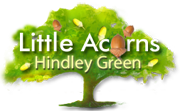 Little Acorns provides an exceptionally high standard of weekday childcare at our Hindley Green nursery and preschool, near Wigan. We support all Government childcare funding schemes, including free hours for eligible families. Do get in touch if you would like to register your child for a place, get a guided tour with your little one or if you have any questions.
Little Acorns provides an exceptionally high standard of weekday childcare at our Hindley Green nursery and preschool, near Wigan. We support all Government childcare funding schemes, including free hours for eligible families. Do get in touch if you would like to register your child for a place, get a guided tour with your little one or if you have any questions.
Little Acorns Nursery & pre-school is located in Hindley Green, near Wigan, and may also be convenient to those in Bickershaw, Leigh, Atherton, Westhoughton, Ince-in-Makerfield, Platt Bridge, Tyldesley, Bolton and Greater Manchester.
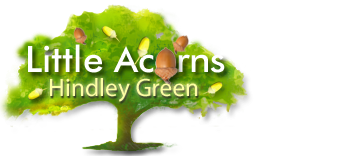

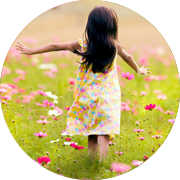
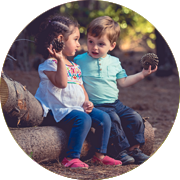 Make time for outdoor play — set aside regular time for outdoor play and exploration. This can include visits to local parks, nature reserves, or your own back garden.
Make time for outdoor play — set aside regular time for outdoor play and exploration. This can include visits to local parks, nature reserves, or your own back garden.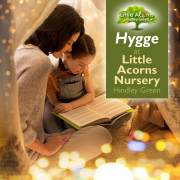
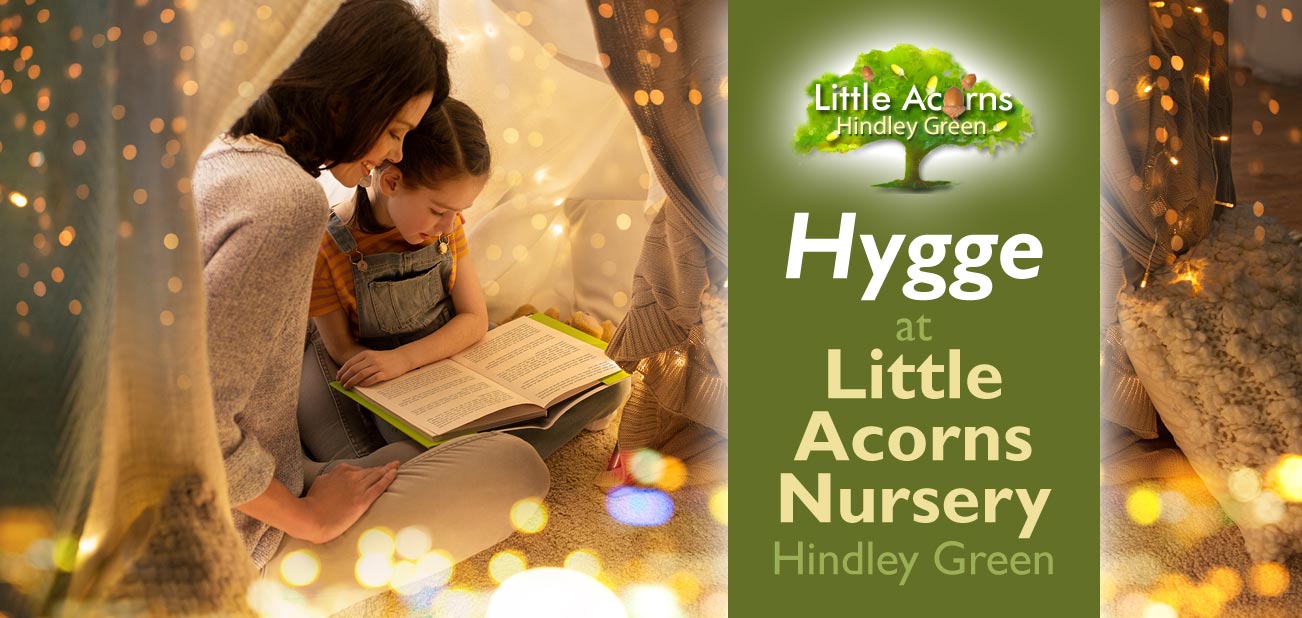
 At Little Acorns Nursery in Hindley Green, we’re embracing Hygge (pronounced “Hue-gah”), which is becoming very popular around the globe. But what is Hygge and why are we embracing it? This article explains everything and you’ll soon see why Hygge is a very good thing for everyone at the nursery, including both children and staff. Take a look …
At Little Acorns Nursery in Hindley Green, we’re embracing Hygge (pronounced “Hue-gah”), which is becoming very popular around the globe. But what is Hygge and why are we embracing it? This article explains everything and you’ll soon see why Hygge is a very good thing for everyone at the nursery, including both children and staff. Take a look … Hygge has been described as resulting in “comfortable conviviality” i.e. friendliness and warmth that makes everyone feel welcome and happy. It’s also been described as “the pursuit of everyday happiness … basically like a hug, just without the physical touch.”
Hygge has been described as resulting in “comfortable conviviality” i.e. friendliness and warmth that makes everyone feel welcome and happy. It’s also been described as “the pursuit of everyday happiness … basically like a hug, just without the physical touch.”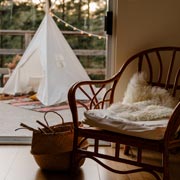 There will be twinkly ‘mood’ lighting instead of harsh fluorescent lighting. Rooms will have real plants that bring nature indoors, natural materials and objects like wood, wicker, pine cones and pebbles. There will be calming music and perhaps even scent in the air. There will be cosy corners, dens and even teepees where children can ‘nest’ while they read, play or converse. Hygge gives a room a lovely atmosphere, often with flickering candles (or, at the nursery, the warm-coloured LED equivalents, for safety purposes).
There will be twinkly ‘mood’ lighting instead of harsh fluorescent lighting. Rooms will have real plants that bring nature indoors, natural materials and objects like wood, wicker, pine cones and pebbles. There will be calming music and perhaps even scent in the air. There will be cosy corners, dens and even teepees where children can ‘nest’ while they read, play or converse. Hygge gives a room a lovely atmosphere, often with flickering candles (or, at the nursery, the warm-coloured LED equivalents, for safety purposes). Embracing all these aspects of Hygge will make children feel really at home, safe, relaxed, cosy and content. Their day will feel fulfilling and enriched. It will be calm and peaceful whilst also embracing nature both outside and indoors. Friendships will deepen as small groups of children play, converse, read or simply ‘be’ in the many cosy nooks and dens available to them. They are also free to have some solo time where they can explore a particular interest, relax with a book or engage in an activity in a calm and comfortable corner. Whatever they’re doing, children will enjoy and benefit from the mood lighting, calming surroundings, relaxing music and suchlike.
Embracing all these aspects of Hygge will make children feel really at home, safe, relaxed, cosy and content. Their day will feel fulfilling and enriched. It will be calm and peaceful whilst also embracing nature both outside and indoors. Friendships will deepen as small groups of children play, converse, read or simply ‘be’ in the many cosy nooks and dens available to them. They are also free to have some solo time where they can explore a particular interest, relax with a book or engage in an activity in a calm and comfortable corner. Whatever they’re doing, children will enjoy and benefit from the mood lighting, calming surroundings, relaxing music and suchlike. Hygge is like a warm cloak that softly embraces every child, allowing him or her to quietly blossom, learn and develop in the most homely and relaxed of atmospheres. With Hygge, they can embrace and naturally absorb everything that’s so good about the Hygge lifestyle, including it’s almost magical effects that will bring out the wonder in every child. Hygge instinctively appeals to a child’s very heart and soul, allowing their learning and development to blossom and thrive in the most natural of ways.
Hygge is like a warm cloak that softly embraces every child, allowing him or her to quietly blossom, learn and develop in the most homely and relaxed of atmospheres. With Hygge, they can embrace and naturally absorb everything that’s so good about the Hygge lifestyle, including it’s almost magical effects that will bring out the wonder in every child. Hygge instinctively appeals to a child’s very heart and soul, allowing their learning and development to blossom and thrive in the most natural of ways.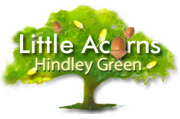
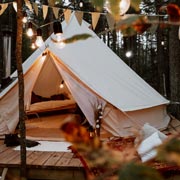 gives babies, toddlers and preschoolers the very best start in life and in their early years education. If you are looking for
gives babies, toddlers and preschoolers the very best start in life and in their early years education. If you are looking for